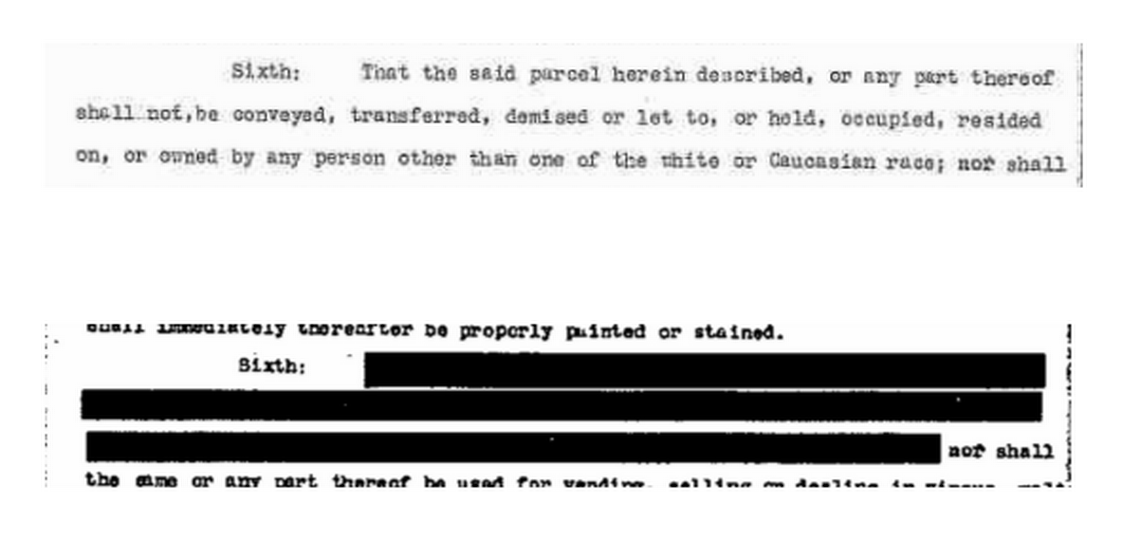Despite a progressive reputation, California is where public records laws are abused | Opinion

The nation recently marked National Sunshine Week (which happened to coincide with the birthday of James Madison, the founder of the First Amendment.) But you wouldn’t know it from the behavior of officials at the national, state and local levels.
At the national level, we have a strong Freedom of Information Act. But as anyone who’s made a FOIA request to a federal agency can tell you, the bureaucrats in federal agencies habitually resist disclosing records, responding to FOIA requests with delays at best and flimsy denials at worst. Lloyd Chapman, president of the American Small Business League, a small business advocacy group which has fought and won dozens of FOIA lawsuits, says agencies either drag their feet or invoke weak excuses to avoid disclosing information about things as basic as the federal budget.
Opinion
And it’s no better at the state and local levels.
California agencies routinely try to hide what they’re doing and their internal communications by claiming “deliberative process” and the so-called need to “think out loud.” But to be able to withhold records, they have to show that the public interest in withholding records “clearly outweighs” the public interest in disclosing the records.
That is seldom the case (one agency lawyer once conceded that claiming “deliberative process” is the “last refuge of the damned”), but agencies often invoke flimsy exemptions to hide documents, gambling that the people making Public Records Act requests won’t have the time or money to challenge denials in court.
At the local level, officials at the Sacramento Area Council of Governments last fall stonewalled The Sacramento Bee’s Public Records Act request for records about a sales tax hike proposal which critics said would increase pollution and jeopardize the region’s access to state and local funding. SACOG tried to hide records showing its own former lawyer was concerned about the measure. (The measure lost.)
Government officials are often aided in their fight against transparency by public employee unions who often claim government worker “privacy” when members of the public want to know how much a government worker makes, what their pension is or why they are being disciplined. When a newspaper successfully sued to get records about the names and salaries of California government workers, public employee unions fought all the way to the California Supreme Court in a losing battle against transparency.
The latest technique public officials have used to try and hide what they’re doing is to communicate about government business on their “private” phones, often by texting. Again, the California Supreme Court shot them down and ruled in favor of transparency, holding in a 2017 case that “if communications sent through personal accounts were categorically excluded from the Public Records Act, government officials could hide their most sensitive, and potentially damning, discussions in such accounts.”
That was a strong ruling, but top officials such as former San Jose Mayor Sam Liccardo — who was on the losing end of that ruling — and former Stockton Mayor Michael Tubbs have tried to ignore and defy it. Both Liccardo and Tubbs habitually texted on their private phones when conducting business, and then didn’t turn their texts over when requested via Public Records Act requests.
Meanwhile, other public officials up and down the state also use their private phones to conduct public business and are slow to disclose the records, making it harder to hold them accountable.
The California Supreme Court in a 2007 case famously declared, “openness in government is essential to the functioning of a democracy.” But many government officials clearly still haven’t gotten the message. The California government, at every level, must abide by the First Amendment and the laws that hold them to account.
Karl Olson is a San Francisco lawyer who specializes in Public Records Act and Freedom of Information Act litigation.

 Yahoo Movies
Yahoo Movies 
